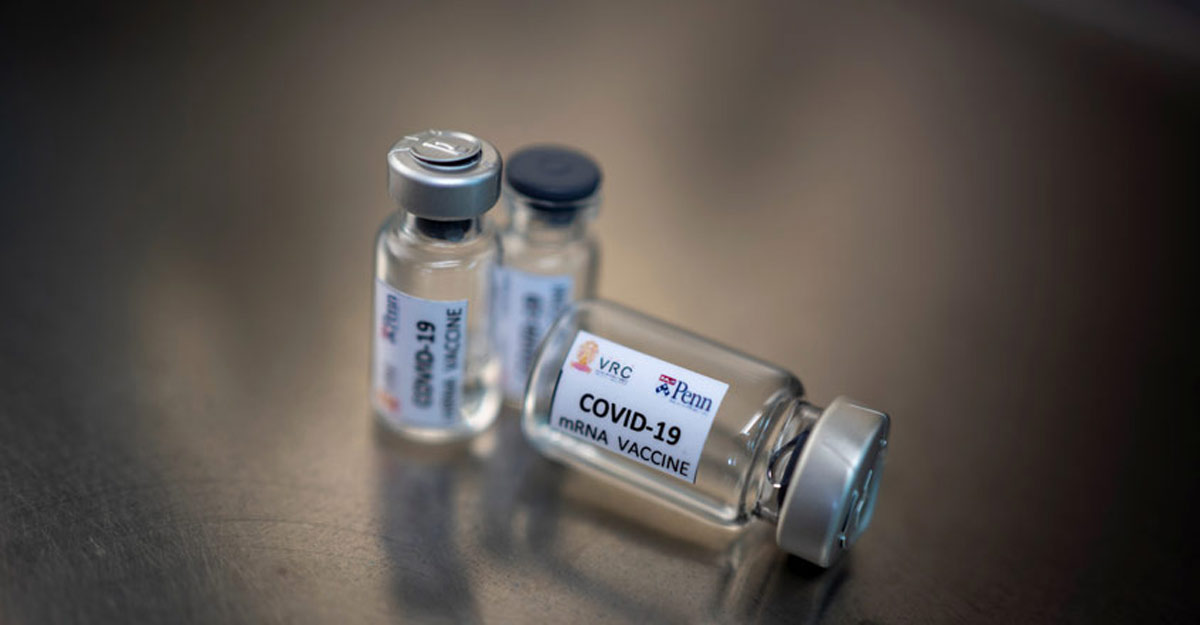The first set of human trials of the Oxford COVID-19 vaccine university have shown positive results, according to results of clinical trials published in The Lancet medical journal.
The trials were conducted on 1,077 volunteers who showed the antibody responses improvement in their bodies after receiving the dose.
The oxford vaccine for Covid-19 officially known as AZD1222 is given to 1,077 patients who were divided into two arms. One set of 543 participants received the actual vaccine dose, while the other group of 534 participants dosed with the meningitis vaccine as a placebo. After 28 days, 10 people received booster shots.
The COVID 19 vaccine oxford results show that vaccine in a human body can produce strong antibody and T cell responses with fewer side effects to fight against the Sars-CoV-2, which causes Covid-19.
Volunteers who took part in phase 1 and phase 2 of clinical trials in the UK developed T cell responses targeting the SARS-CoV-2 spike protein, on the 14th day of the vaccine cells in the body peaked and later fell slightly by 56th day. The T Cell response didn’t increase when the participants were given the second dose, which is common with vaccines of this kind.
The participants of the oxford COVID 19 vaccine for the phase 1 trial, 91 percent were white, and the average number of participants was 35 years. Older people with pre-existing medical conditions and people of diverse ethnicity and geography are being recruited for phase 2 trials in Brazil and South Africa.
The most common side effects reported are fatigue and headaches along with common side effects like pain at the injection spot, chills, muscle ache, malaise, feeling feverish and high temperature.
With the growing rate of new Covid-19 infections, the whole world is now waiting eagerly for a vaccine. According to the World Health Organization, more than 150 vaccines are under development, of which nearly two dozen are in the trial stage.
The Oxford University vaccine has been one of the most looked for positive results. Initial trials have shown positive results, AZD1222, the vaccine is being developed under the Jenner Institute, part of the Nuffield department of medicine university of oxford. AstraZeneca PLC, a British-Swedish pharmaceutical company, is backing the formulation.
In India, at least seven pharma companies are working to develop a vaccine to end the COVID-19. Bharat Biotech, Zydus Cadila, Panacea Biotec, Indian Immunologicals, Mynvax, and Biological E are among the pharma companies working to create the vaccine in India.
Bharat Biotech recently received approval from the ICMR to conduct phase I and II clinical trials for its novel coronavirus vaccine candidate called Covaxin. This vaccine is being developed and manufactured in the company’s facility in Hyderabad. The company started human clinical trials last week.
Oxford’s vaccine will be manufactured by the Pune-based Serum Institute of India (SII) and British-Swedish pharmaceutical company AstraZeneca. Both companies have started the production of the vaccine.
The Serum Institute of India has announced its plan to start human trials in India, for which it will apply to regulators. “Based on the current situation and most recent updates on the clinical trials, we are hoping that the AstraZeneca Oxford vaccine will be available towards the end of this year,” said CEO Adar Poonawalla, Serum Institute of India to PTI.
“Serum Institute of India has entered a manufacturing partnership with AstraZeneca to produce and supply 1 billion doses of the Covid-19 vaccine being developed by Oxford University. These vaccines will be for India and middle- and low-income countries across the world (GAVI countries),” Poonawalla noted.

